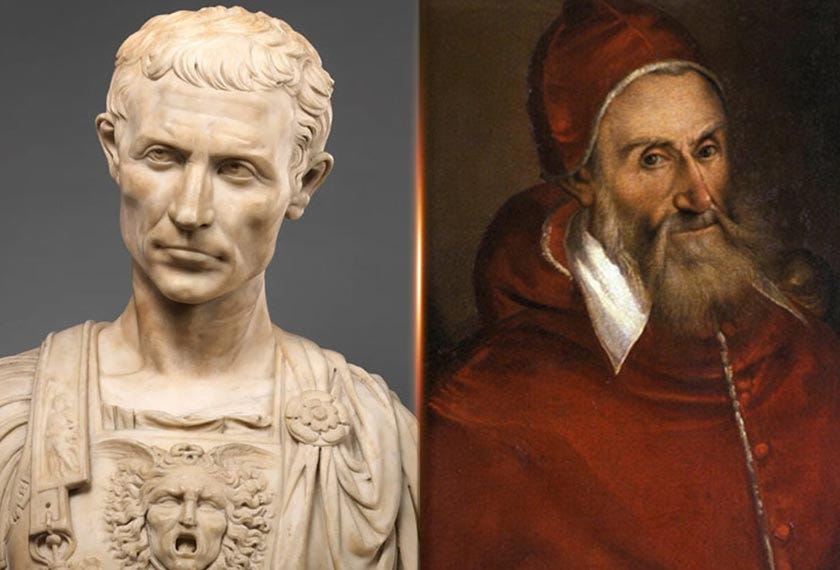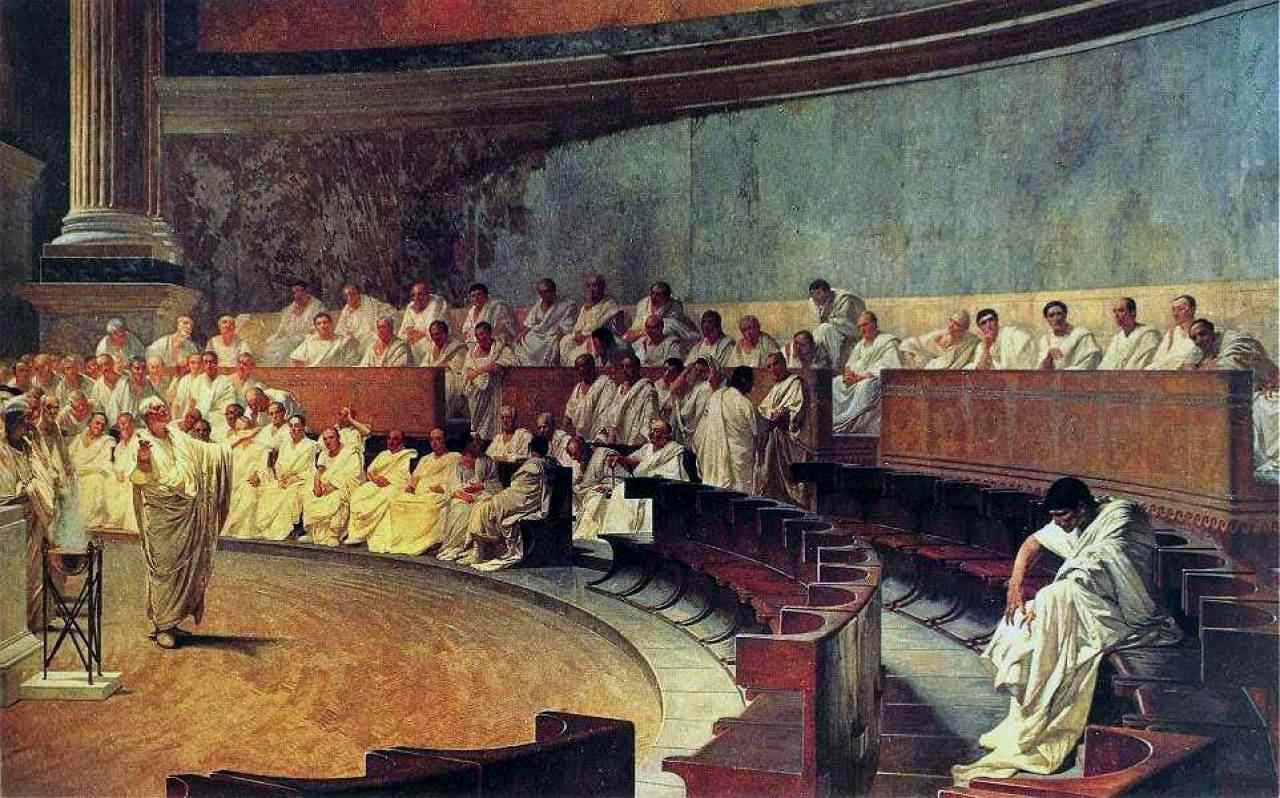Happy Gregorian New Year!
Exploring How Rome’s Influence Still Governs Our Lives
Introduction
I came across the following post that made me think for a second. It mentioned that the new year is in spring (April) rather than winter (December).

This makes sense from an astrological perspective because April1 (Aries) is seen as the first sign of the zodiac — and I’m sure other corresponding events signal April as the beginning of the year.
So, technically, the new year could be in April. If that’s the case, then why are we celebrating it now?
The following article is a random search down the rabbit hole between:
The Gregorian and Julian calendars and how they affect us,
The solar and lunar calendars and why lunar calendars were replaced,
And how the New World Order was created a few centuries ago.
Without further ado, let’s get started.
How Did We Get Here?
Our current calendar is known as the Gregorian calendar. It was established in 1582 CE by Pope Gregory XIII. This was the calendar that re-established the beginning of the year from April to January. Before the Gregorian calendar, we had the Julian calendar — by Julius Caesar — which attempted to make January the beginning of the year, but people just weren’t having it.
One thing that needs to be addressed before we go any further is: why exactly do we have calendars? We’ll touch on this later in the article, but one of the main functions of calendars is simply for governance and administrative purposes. As Rome began to spread, in order to properly govern its growing empire, there needed to be an understanding of when the year would start and end.
This is the reason for our calendars — so we know when the consuls2 began their sessions.
So, when we say “Happy New Year,” we’re saying a new year for the consuls has begun.
Rome’s consuls are our modern-day politicians. Instead of four years, the consuls would serve one year, with elections in the fall/winter, and the new term beginning in January.
This is the reason for our new year, and this serves as another reminder that our world is only six hundred years removed from the Roman Empire. To make this drive home, if you had six grandmothers, and they all lived to be 100 years old, your great-great-great-great-great-great-great-grandmother was a Roman citizen.
This current scenario was the basis of the Julian calendar. However, most of Europe did not accept this, and most of Europe still understood that the beginning of a new year would be in April. This was simply because this was spring.
In the next section, we’ll discuss the significance of the solar and lunar calendars, but before we go, here’s an interesting myth to leave you with:
The Gregorian calendar re-established January as the beginning of the new year, but, as stated earlier, most of Europe and the world still viewed April as the beginning of the year. This is where the myth of April Fools comes into play.
The myth goes along the lines that while the Gregorian calendar was looking to establish January as the beginning of the year, there were others who still clung to the ways of the old and saw springtime as the beginning of the year. These fools, for ultimately thinking April was the beginning of the year, began to be looked at as “April’s fools” and became the brunt of pranks, jokes, and more festivities that we know today.
Now, to be fair, this is solely a myth, and other pieces of information show that this time of the year typically involved pranks and jokes, so this myth is to be taken with a grain of salt. However, it is interesting to see how this myth ties into the transition of the beginning of the year from April to January.
Want the Full Story?
The history of calendars is just the beginning. In the rest of this article, we uncover:
How the transition from lunar to solar calendars shaped empires.
The hidden connections between ancient timekeeping and modern governance.
Why understanding these shifts can change how you see the world today.
Unlock the full article to explore these truths and more. Become a paying subscriber now to gain access and join the conversation shaping a more intentional, informed future.
Keep reading with a 7-day free trial
Subscribe to Unorthodoxy to keep reading this post and get 7 days of free access to the full post archives.






